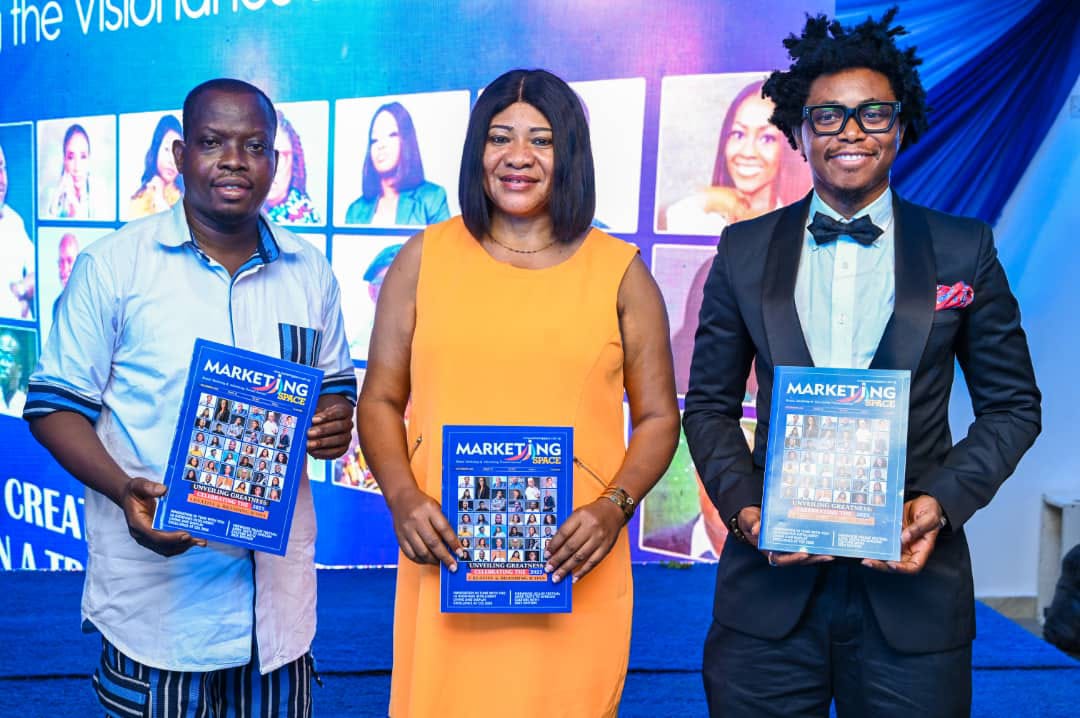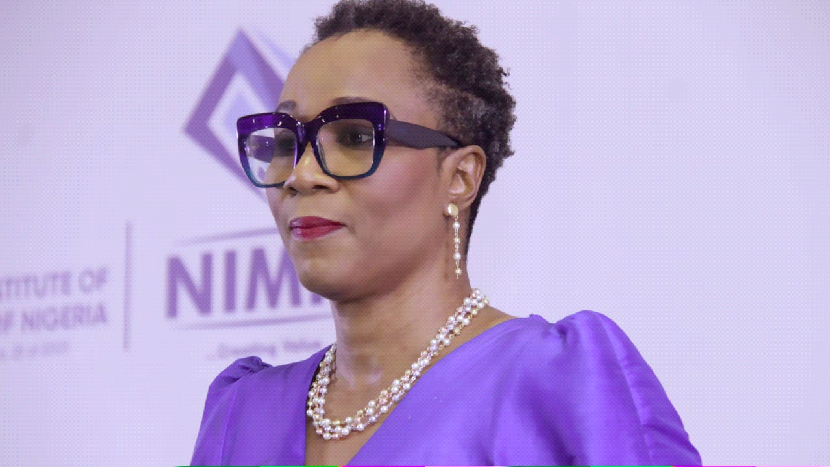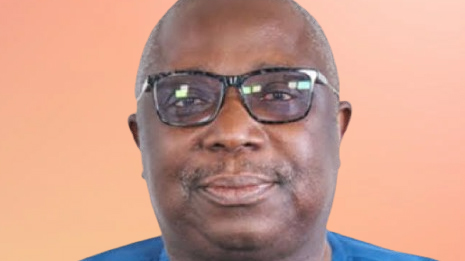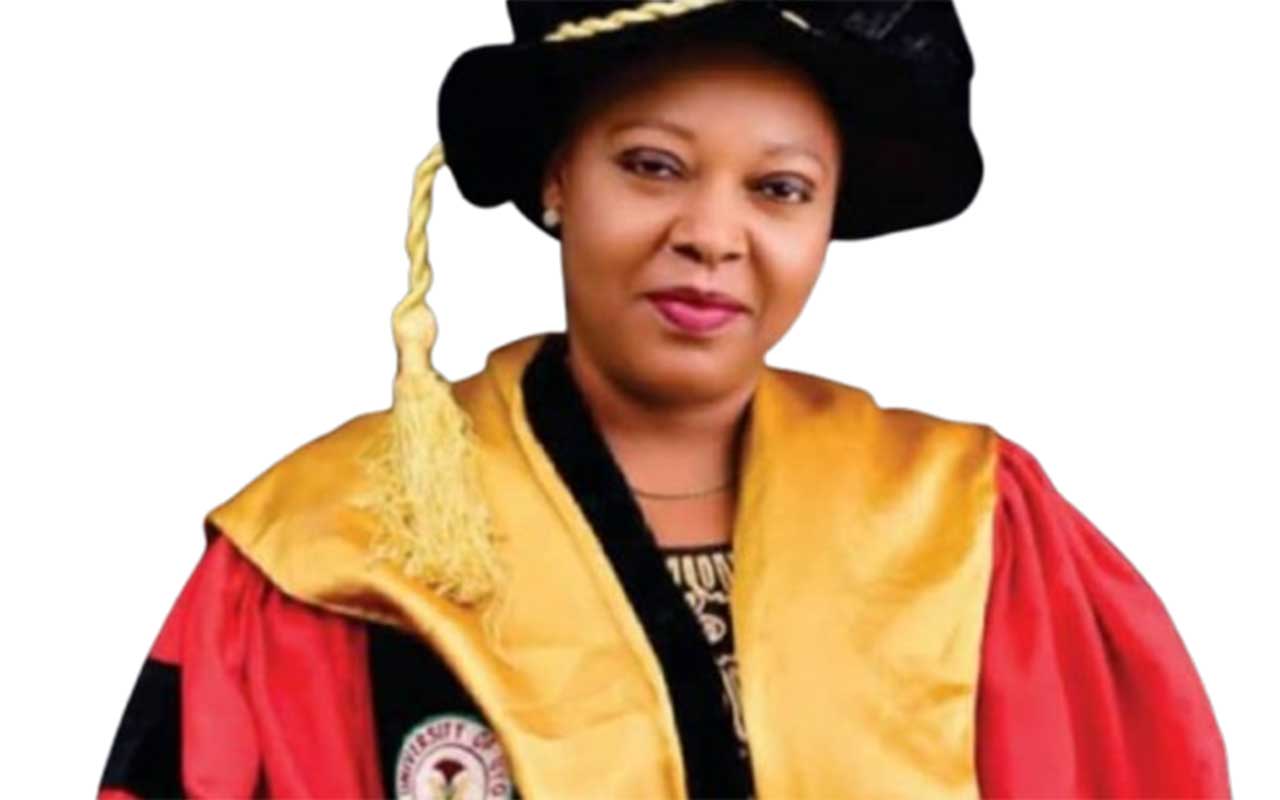
In line with provisions of the 1999 Constitution, media professionals have called on government and security agencies to respect freedom of speech and the press in 2025. They also called for a favourable economic climate that will enhance media practice this year.
The professionals spoke with The Guardian in separate interviews. They include, Director, Centre for Gender Studies, Chukwuemeka Odumegwu Ojukwu University, Anambra State and Chairman, Nigerian Institute of Public Relations, Anambra State Chapter, Prof. Angela Nkiru Nwammuo; Prof. Bayo Oloyede of Redeemer’s University Ede Osun State and Prof. of Broadcast Journalism, Olabisi Onabanjo University, Ago Iwoye, Ogun State, Ayodele Odunlami.
Recall a recent report by Media Rights Agenda (MRA), which painted a grim picture of media freedom in Nigeria, revealing that security agencies have become the foremost threats to journalism in the country.
The report, titled: “Media freedom under threat: The state of media freedom and journalists’ safety in Nigeria 2024,” noted a sharp increase in attacks against reporters, with security forces implicated in nearly 65 per cent of incident.
According to MRA, from January to October 2024, there were 69 recorded attacks against journalists, with law enforcement and security agencies accountable for 45 of these incidents. This marks a drastic rise from previous years, where security agencies were responsible for approximately 45 per cent of attacks in both 2022 and 2023.
Describing the media landscape last year as one where both traditional and digital media platforms coexisted, Nwammuo observed social media platforms seemed to have exerted pressure on the existence of the traditional media.
Saying media practitioners really had tough time surviving in 2024, she added there was also so much scrutiny and censorship from the government.
On the way out, she stated, “there are already relevant laws and provisions that should guarantee press freedom in Nigeria based on our constitution. What is lacking is the political will to implement those laws that will lead to media independence and freedom. Media practitioners and stakeholders, Non Governmental Organisations (NGOs) and activists should sit-up and hold politicians accountable. Let the airwaves echo and re-echo press freedom and independence. There’s no other way to do it. If we push harder and harder without resting, we will get it. If not 100 per cent, 50 or 60 percent is still pass mark.”
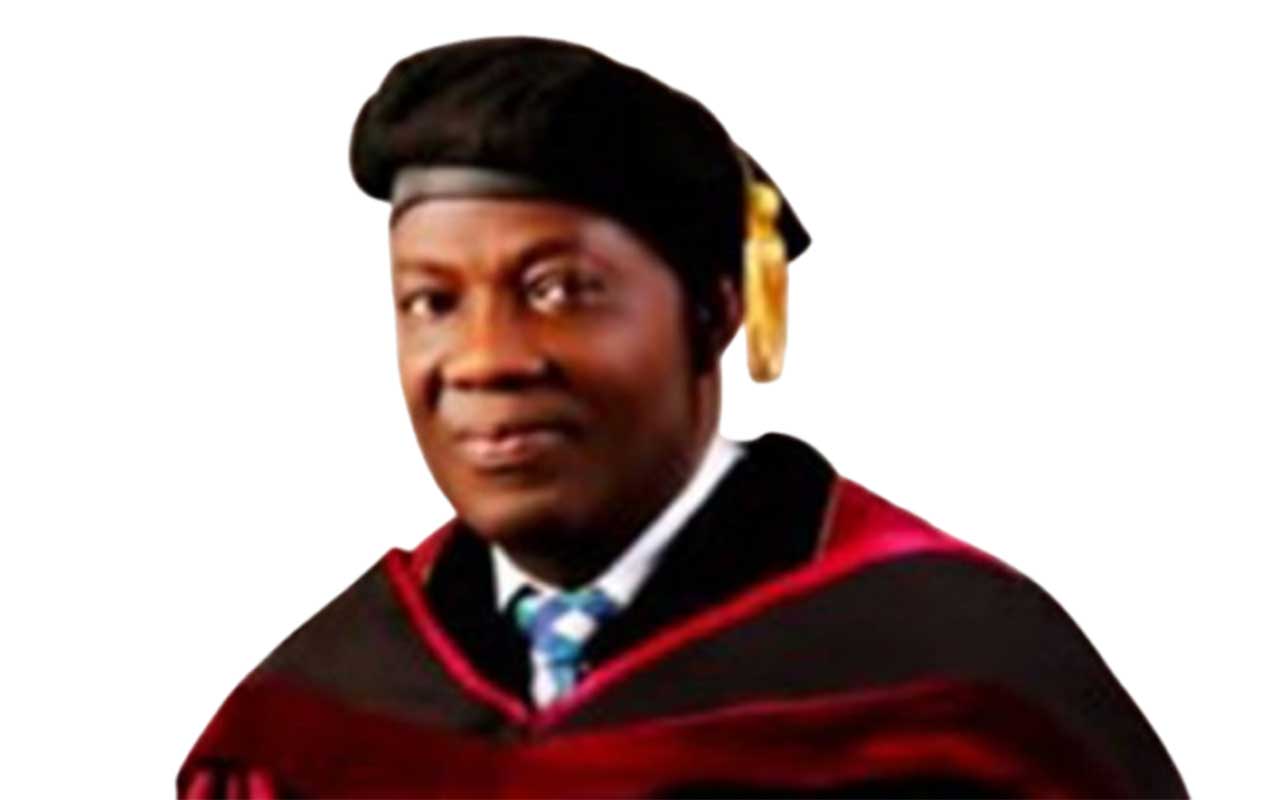
Oloyede, on his part, noted the media landscape last year was characterised by average degree of press freedom, which was further infringed on by government intolerance.
Many journalists, he said, were arrested, in a kidnapping fashion, and harassed by security agencies of the government for publishing their views.
This, he insisted, is not complimentary for a nation that is known for high degree of respect for free press.
Concerning the solution, Oloyede advocated that freedom of speech and the press be respected by government and its security agencies.
Odunlami, on his part, stated Nigeria still parades one of the most vibrant media in Africa. This includes the government, private and the social media. He observed the social media users came up with audacious stories that some government platforms do not have the courage to do.
To him, even the government had to activate the digital media strategy to have counter narrative.
Speaking further, he said there are lots of fake news on social media shared by people who lacked the skill to verify and fact check stories.
He stated, “there are outright lies and fabrications pushed into the public realm. Government, scholars and other stakeholders must concentrate energy on educating the public on the skills for fact- checking so that the sanity of the social space can be preserved.”
In conclusion, he noted the media still grapple with issues of running costs, saying, “if you implement harsh economic policies that make media stations to acquire their equipment, it’s a kind of muzzle on press freedom.
In this new year, government should relax tariff or subsidise the equipment needed for media to function effectively. This will enhance the political economy of media freedom. Any government that is interested in transparency and development will not toil with information management.”



